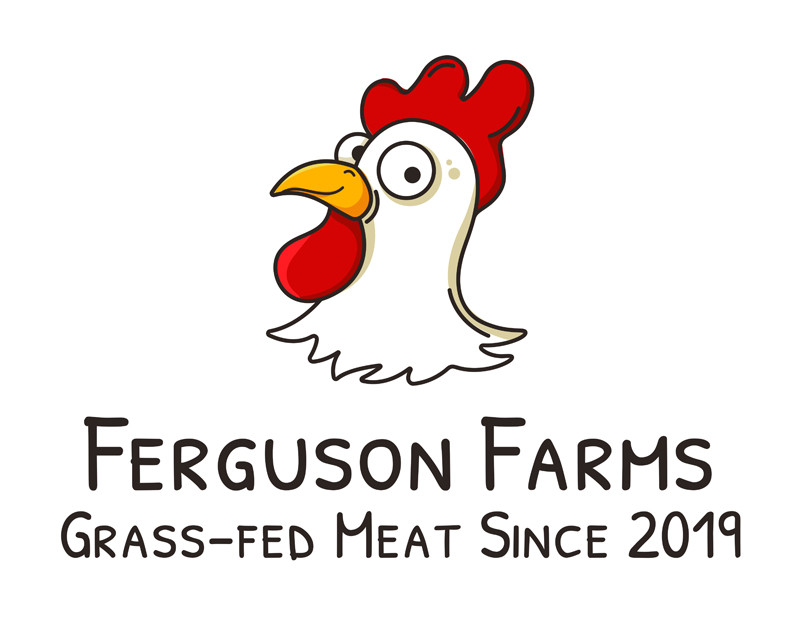Raw Liver – Premium Quality for Optimal Nutrition
posted on
September 1, 2024
The Ultimate Guide: Where to Buy Quality Raw Liver for Your Nutritional Needs | Ferguson Farms
Looking for the best sources of raw liver? This guide will help you find high-quality, nutrient-rich liver, including grass-fed and organic options, to meet your dietary needs.
Why Raw Liver?
Raw liver is one of the most nutrient-dense foods available. It’s rich in vitamins A, B12, and folate, along with essential minerals like iron, zinc, and copper. These nutrients play a critical role in supporting immune function, energy production, and overall vitality.
If you’re following a paleo, keto, or carnivore diet, raw liver can be a valuable addition to your meals. For top-quality liver, Ferguson Farms is your trusted source.
What to Look for When Buying Raw Liver
Source and Quality
Choosing the right source is crucial. At Ferguson Farms, our liver is 100% grass-fed and finished, ensuring the highest nutritional value. Our liver is raised without GMOs, hormones, or antibiotics, providing you with a product you can trust.

Freshness Indicators
Fresh liver should have a vibrant, deep red color (for beef or lamb liver) or a slightly lighter hue (for poultry liver). At Ferguson Farms, we ensure that our liver is packaged to retain its freshness and delivered directly to your door in eco-friendly, insulated packaging.
Types of Liver
- Beef Liver: Known for its robust flavor, beef liver is a favorite among those seeking a rich source of vitamins A and B12.
- Chicken Liver: Milder in taste, chicken liver is often more palatable for those new to organ meats and is also high in iron and folate.
- Turkey Liver: Similar to chicken liver but slightly larger and richer in flavor, turkey liver is another excellent option.
Where to Buy Raw Liver
Local Sources
Local farmers' markets and butchers are great places to find fresh, high-quality liver. However, for the convenience of online shopping without sacrificing quality, Ferguson Farms offers premium liver delivered right to your door.
Online Sources
Buying liver online offers convenience and access to a wider variety of options, including specialty products like organic or grass-fed liver. At Ferguson Farms, we ensure that your order is shipped with insulated packaging to maintain freshness throughout transit.
Grocery Stores
Some grocery chains carry raw liver, but the quality and freshness can vary. For a guaranteed fresh and ethically sourced product, consider buying directly from Ferguson Farms.
How to Store and Handle Raw Liver
Proper storage and handling of raw liver are essential to maintain its freshness and nutritional value:
- Refrigeration: Store liver in the coldest part of your refrigerator if you plan to use it within a day or two.
- Freezing: If you don’t plan to use the liver within a few days, freezing is the best option. Liver from Ferguson Farms can be stored in the freezer for up to three months without losing its quality.
- Safe Handling Practices: Always wash your hands, utensils, and surfaces thoroughly after handling raw liver to avoid contamination.
Preparing and Eating Raw Liver
For those new to consuming raw liver, preparation is key to making the experience enjoyable:
Raw liver can be incorporated into various recipes, from traditional liver and onions to more adventurous dishes like liver pâté or liver smoothies. Ferguson Farms offers liver that’s perfect for any preparation method, ensuring you get the most out of this nutrient-rich food.




